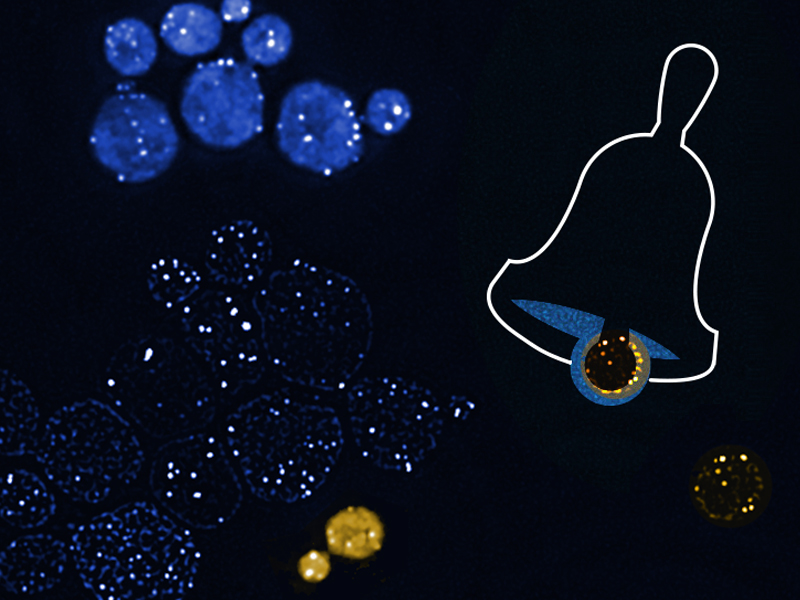New Study on How Microbes Learn to Predict the Future
 isbscience.org/news/2017/07/28/adaptive-prediction-yeast/
isbscience.org/news/2017/07/28/adaptive-prediction-yeast/
July 28, 2017
In a study published in Genome Biology and Evolution, researchers at Institute for Systems Biology (ISB) designed an experiment to evolve novel adaptive prediction capability in yeast by repetitively exposing it to caffeine, followed by a toxin. Remarkably, the yeast cells learned the structure of this novel environmental pattern within as few as 50 generations to use caffeine as a cue for anticipating and mitigating lethal effects of the toxin.
3 Bullets:
- Like plants and animals, even microbes can anticipate and prepare in advance for future changes in their environment
- Similar to how Pavlov trained a dog to anticipate food when it heard a bell, ISB researchers trained yeast to anticipate a lethal toxin when it sensed caffeine
- The study revealed how in a very short period of time yeast can evolve to ‘learn’ and ‘predict’ new patterns in their environment





